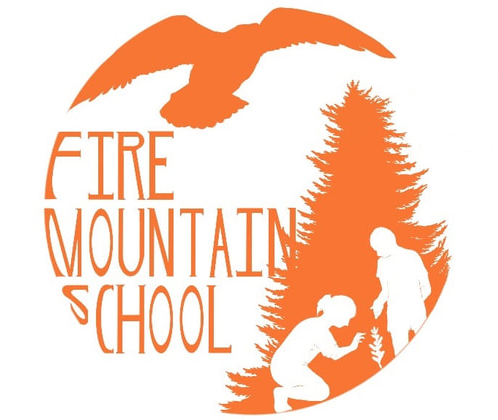by Fire Mountain School
This is the first installment of a new column submitted by Fire Mountain School, a local independent elementary school located just south of Cannon Beach and surrounded by the magic of Oswald West State Park. Our school’s goal is to nurture curious, confident, creative problem solvers and stewards of their home place. By providing a foundation of experiential, hands on education for the whole child, the Fire Mountain Community supports healthy, happy, lifelong learners.
In the US, how to best educate our children is a constant topic of debate, with educators and law makers in a seeming spiral of evaluating, reevaluating and mandating new approaches. We all want our schools to produce citizens who are healthy, happy, lifelong learners, but how best to do that?
This column will look at this question and more—we’ll investigate education systems from around the world and look at different educational philosophies and styles of teaching. Writers will be parents, grandparents, and Alumni of our north coast schools. We will celebrate great local school moments, and examine the variety of approaches to education around the globe.
The news is full of education statistics like this one: in 2015, US schools were ranked 24th and 38th in the world in science and math. This unhappy ranking is provided by the Program for International Student Assessment (PISA) and based on tests taken every three years by 15-year-olds around the world. In 2015 in math and science the US fell behind all Asian countries, Finland, and most European countries. We’re ranked lower than Poland, Denmark, Estonia, Portugal, Germany, New Zealand, and Slovenia.
For the last 15 years the focus of US education has largely shifted to assessment through testing. And while math, science and reading are relatively easy to test, we also know that testing and teaching to those tests leave huge gaps. For instance, where are the reports about that student who has an innate talent for drawing or the one who knows where their body is in space while kicking a soccer ball? How are our students faring in other areas? You can’t necessarily test for all areas of genius. According to Howard Gardener of Harvard University there are nine kinds of human intelligence. He says that these differences “challenge an educational system that assumes that everyone can learn the same materials in the same way and that a uniform, universal measure suffices to test student learning.”
In this column, we intend to report on and be a part of a broad educational conversation recognizing that our education system is creating the citizens of the future and in that it shapes the world, our country and our wonderful North Coast
We launch this column during the first days of spring and are ready to celebrate! May Day Celebration is coming up at Fire Mountain School on May 6th. There will be music, food, cake and best of all, dancing around the May Pole. Bring your families and friends, the whole community is welcome!
Firemountainschool.org – firemountainschool@gmail.com


